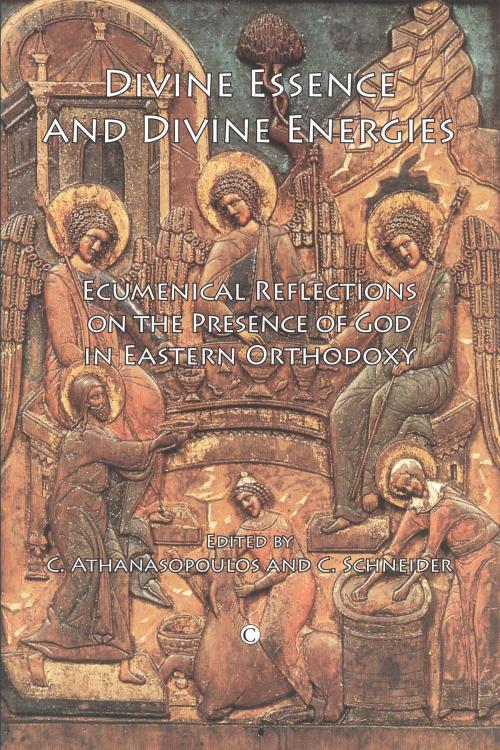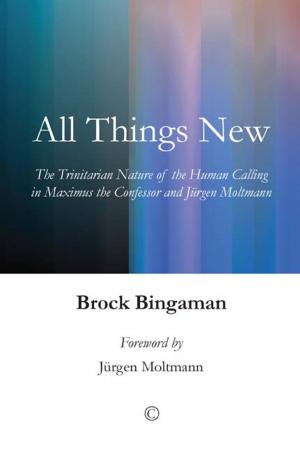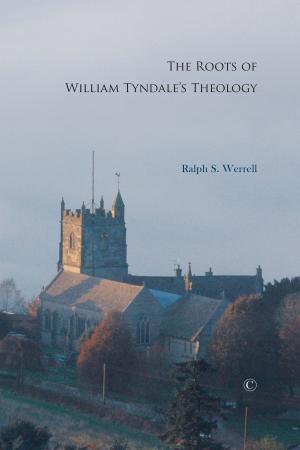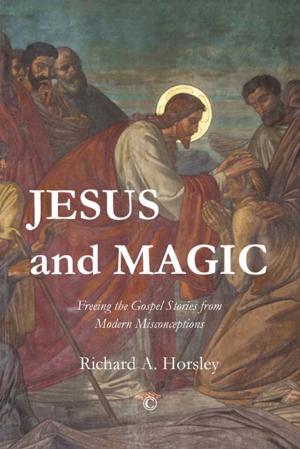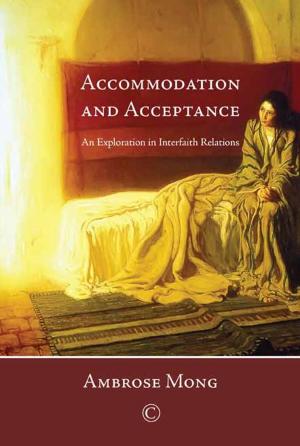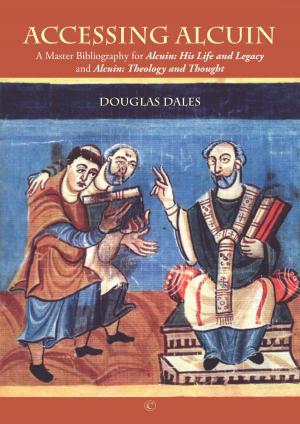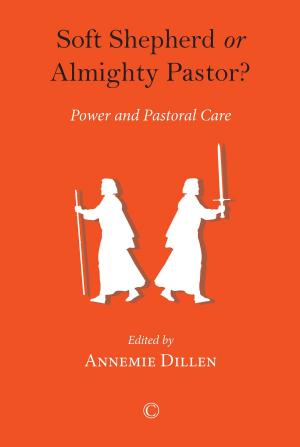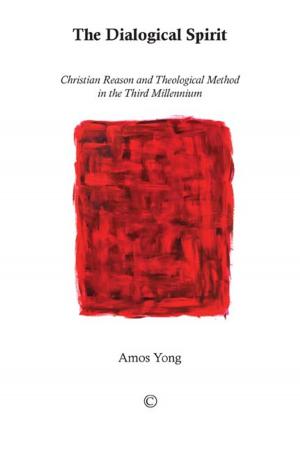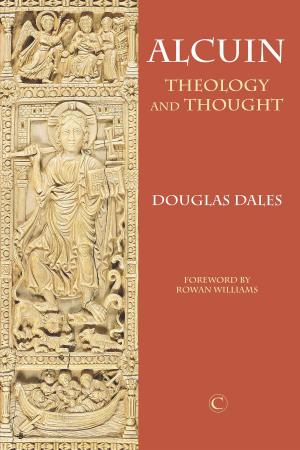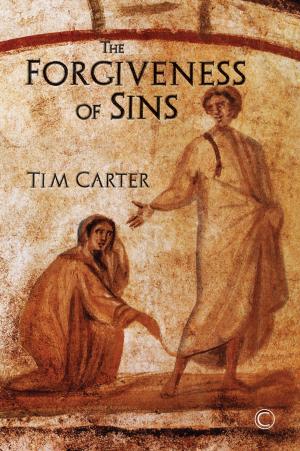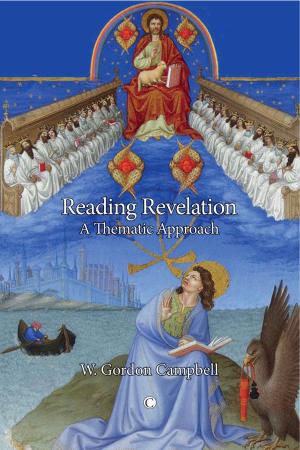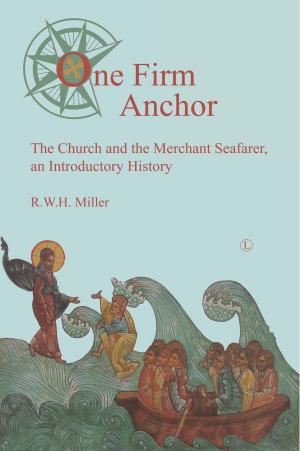Divine Essence and Divine Energies
Ecumenical Reflections on the Presence of God
Nonfiction, Religion & Spirituality, Reference, Ritual & Practices, Theology, Philosophy| Author: | ISBN: | 9780227900086 | |
| Publisher: | James Clarke & Co | Publication: | April 25, 2013 |
| Imprint: | James Clarke & Co | Language: | English |
| Author: | |
| ISBN: | 9780227900086 |
| Publisher: | James Clarke & Co |
| Publication: | April 25, 2013 |
| Imprint: | James Clarke & Co |
| Language: | English |
A composite book of essays from ten scholars, Divine Essence and Divine Energies provides a rich repository of diverse opinion about the essence-energy distinction in Orthodox Christianity a doctrine which lies at the heart of the often-fraught fault line between East and West, and which, in this book, inspires a lively dialogue between the contributors. The contents of the book revolve around several key questions: In what way were the Aristotelian concepts of ousia and energeia used by the Church Fathers, and to what extent were their meanings modified in the light of the Christological and Trinitarian doctrines? What theological function does the essence-energy distinction fulfil in Eastern Orthodoxy with respect to theology, anthropology, and the doctrine of creation? What are the differences and similarities between the notions of divine presence and participation in seminal Christian writings, and what is the relationship between the essence-energy distinction and Western ideas of divine presence? A valuable addition to the dialogue between Eastern and Western Christianity, this book will be of great interest to any reader seeking a rigorously academic insight into the wealth of scholarly opinion regarding the essence-energy distinction.
A composite book of essays from ten scholars, Divine Essence and Divine Energies provides a rich repository of diverse opinion about the essence-energy distinction in Orthodox Christianity a doctrine which lies at the heart of the often-fraught fault line between East and West, and which, in this book, inspires a lively dialogue between the contributors. The contents of the book revolve around several key questions: In what way were the Aristotelian concepts of ousia and energeia used by the Church Fathers, and to what extent were their meanings modified in the light of the Christological and Trinitarian doctrines? What theological function does the essence-energy distinction fulfil in Eastern Orthodoxy with respect to theology, anthropology, and the doctrine of creation? What are the differences and similarities between the notions of divine presence and participation in seminal Christian writings, and what is the relationship between the essence-energy distinction and Western ideas of divine presence? A valuable addition to the dialogue between Eastern and Western Christianity, this book will be of great interest to any reader seeking a rigorously academic insight into the wealth of scholarly opinion regarding the essence-energy distinction.
